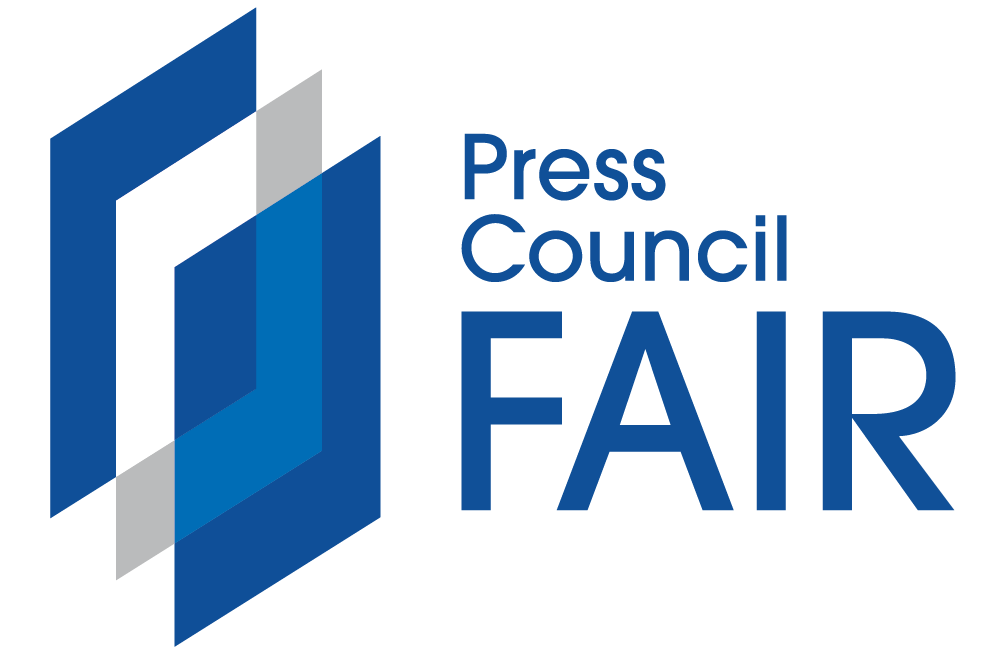#SONA2022: How does it compare to the last 5 speeches by Ramaphosa?
It may come as a surprise to people who watched the nearly two-hour-long State of the Nation Address (SONA) on 11 February 2022 that this was not President Ramaphosa’s longest speech, on paper anyway. It was a few words short of his February 2019 address. However, when you add the anecdotes he included in his live speech, his address went from just over 8,000 words to more than 10,000.
We expected him to deal with the key issues that came to head in last year’s unrest, such as poverty, unemployment, factionalism within the ANC, Eskom and the electricity crisis, and corruption, all of which have hobbled economic growth.
He didn’t avoid the issues. In fact, he admitted that Cabinet should take overall responsibility for the July unrest.
It’s not as though these issues are new, most of them have been included in his speeches since 2018.
We analysed the president’s speeches – based on the state of the nation addresses on the parliamentary monitoring group and the presidency’s websites – using the assumption that the more words he dedicated to a topic, the more important it was to him.
https://outlier-sona2022.vercel.appEmployment
Despite employment being a priority for six years, the unemployment rate reached a record high of 34.9% in September 2021, and if you include people who have given up looking for work, the unemployment rate is 46.6%, which the president acknowledged on Thursday evening.
It’s even worse for young people. The unemployment rate for people aged 15 to 24 years is a staggering 77.4%, according to StatsSA.
Welfare
With so many people unemployed, exacerbated by the Covid pandemic and its effect on the economy, more people than ever are relying on grants. Last year, 23.9-million people received grants, among them 5.5-million people receiving the R350 Covid-19 grant. In his SONA, the president said that this grant, which should have ended at the end of March 2022, will be extended until March 2023.
Education
For the last two years, school children have lost 1.3 years of learning because of the Covid-19 pandemic, according to a report by the Reading Panel. The president did not spend very much time speaking about education in this year’s speech, but he did introduce an “innovative” mechanism to address school infrastructure problems.
“We need to build some 2,500 schools and using current budgetary methods or processes it will probably take us 75 years to close that gap,” he said. “However, with the new innovative delivery mechanisms and financing we should be able to do it much sooner.”
Corruption
“State capture had a direct and very concrete negative impact on the lives of all South Africans, but especially the poorest and most vulnerable members of our society,” said the president.
He said he would present a plan of action in response to the state capture commission’s recommendations by no later than 30 June this year. The last time he spoke this much about corruption was in his February 2019 SONA, six months after the commission started its work.
Eskom and Energy policy
“The electricity crisis is one of the greatest threats to economic and social progress,” said Ramaphosa.
He outlined steps to bring additional generation capacity online as quickly as possible and said the unbundling of Eskom is expected to be completed by the end of 2022.
Yet after 14 years of living with blackouts, no one in South Africa is holding their breath that the electricity crisis will end soon.
Ramaphosa on Radical Economic Transformation
Jacob Zuma in his 2017 SONA described radical economic transformation (RET) as “fundamental change in the structure, systems, institutions and patterns of ownership, management and control of the economy in favour of all South Africans, especially the poor, the majority of whom are African and female.”
Ramaphosa does address issues such as the empowerment of women, poverty alleviation and land restitution in his speeches, but this year he did not use the term radical economic transformation. He did say that the government is “moving ahead with land reform in terms of the Constitution, and anticipated the approval of the Expropriation Bill during this year”.
Transport
Transport got more airtime in 2022’s SONA than it did in any of the previous five speeches. “Our economy cannot grow without efficient ports and railways,” the president said. The government has plans to move more freight from road to rail.
The limitations of relying heavily on transporting freight by road were seen during the July riots when protestors blocked the N3 highway and set fire to more than 20 trucks – affecting R3.2-billion of freight per day.
Methodology
We analysed the SONAs using these seven broad definitions to see if the president had covered factors or issues that were connected with the July unrest in 2021. Briefly, the topics were: energy policy and Eskom (renewable energy, gas, coal, nuclear, Eskom), education, employment (job creation, investment in sectors to create jobs, minimum wage, supporting small business, economic recovery), radical economic transformation (land restitution/expropriation and explicit mention of radical economic transformation), transport (issues involved in the running or improving of public transport such as railway and roads), corruption (National Prosecuting Authority, corruption with state-owned enterprises, mentions of the Zondo commission and subsequent report), Welfare (social grants, low-income housing, the National Health Insurance).
For more, see our SONA coverage here, here and here and sign up to our newsletter for more data stories.



